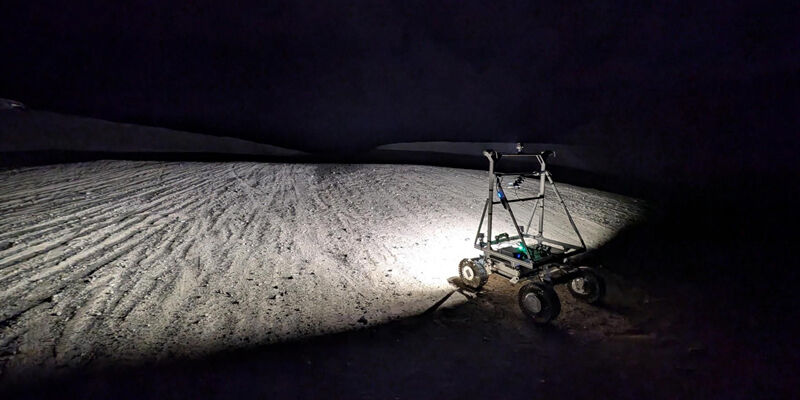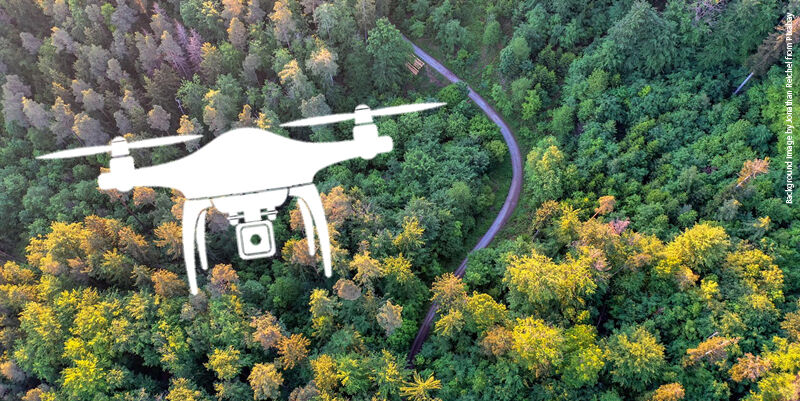The web continues to evolve. First we had the static web, then the social web, and now we have already moved into the real-time web. This development has already shown signs of several repercussions on the travel industry.
Having an itinerary planned before taking a trip is useful, but having quick, easy access to pertinent travel information at all times can lift the travel experience to a new level of possibilities. Or it can simply make local shopping and entertainment experiences easier. For a company that provides digital content for travel and tourism, San Francisco-based Wcities believes that geo-content is the key for the real-time web. âGeo-content is central for travel, because travel is about discovery and exploration,â says Fraser Campbell, CEO, Wcities.Wcities brings all of its vital travel content directly to mobile phones, PNDs (personal navigation devices), and telematics/car navigation systems. All of the companyâs points of interest are geo-coded according to their precise geographic coordinates, allowing the destination to be pinpointed accurately on a map. Combine this with a location aware device and all Wcitiesâ destination information becomes available on the go. According to Campbell, the services that are getting a lot of traction are all related to location, time and content. âThe ability to harness this information and provide enhanced value is key in any successful location service. In particular to travel, you see everyone offering some level of points of interest content now. The basic content is no longer enough, enhanced content from professional to user reviews has become the norm. The ability to take enhanced content to the next level and close the loop will be the next big innovation,â says Campbell, who is scheduled to speak at the forthcoming Navigation Day @ CeBiT (March 5, Hannover).Campbell spoke to TheWhereBusiness.comâs Ritesh Gupta, about optimising local content, navigation systems and smartphones, and other relevant issues. Excerpts:Last year, you mentioned that the ease of use of having a full navigation system in your pocket that not only routes you from A to B, but also makes your life easier in other areas, is very important. Making everyday activities easier, more convenient, will be the most important benefit of new services that take advantage of location awareness. How do you think handset vendors have used location-based services for navigation systems and smart phones to enable this? Fraser Campbell: Handset vendors see the value in an integrated system that focuses on the consumer interaction and makes this easy. You see phones and services that enable this ease of use. Vodafoneâs 360 service with Samsung is a good example of what can be done when all parts of the system work nicely. The handset vendors are keenly aware of the value of location and in particular to the monetisation avenues it will open all related to navigation. Mapping used to be the gateway to services and now with the advent of free navigation by Nokia worldwide and by Google on a much more limited scale you have handset vendors closing the gaps on user interaction and making location services easier to use, find, and fulfil usersâ needs.What according to you are the major challenges in optimising local content be it from resources or budget perspective? What sort of content are we likely to see location enabled?Fraser Campbell: The better question would be what content is not going to be location enabled. The challenges for local content are scope and cost. The long tail of content is fragmented, and the ability to bring order to the long tail is quite elusive. There are a number of players optimising content, but the focus again is on the top of the tail. Everyone has content on London, but who has valuable content when driving through the Sherwood Forest. Google with the power of its search algorithms can optimise a lot of this content and make local content valuable. The problem is that sooner or later, you will not need to go anywhere else, and this does not bode well for the people producing the content. What kind of progress do you think has been made in terms of solutions that bring together LBS, navigation, user-generated content and communities? Fraser Campbell: There has been great progress, every other day there is a new application or service that is bringing value to location through community, content, and location. Who will succeed? What will Facebook do with location? I understand they have added a few new users.Wcities distributes its location-based content and services across multiple devices, including mobile OEMs, computer OEMs and personal navigation systems (PND). Whatâs your take on the future of location based services on navigation systems and smart phones? Fraser Campbell: Navigation systems and smart phones are already indispensable. Imagine what it will be like when you donât need to do anything in relation to where you are and what you need at the exact moment you want something. Travel companies, be it supplier or intermediaries, have realised that addition of maps, travel directions, and local information can make a travel site a valuable destination resource especially considering the fact that travel planning is destination-sensitive. How should one approach geo-content?Fraser Campbell: Travel companies know something very valuable in most cases. They know when and where. If you know these things, you can bring value to end users. If you know anything about the user, you can add even more value. Geo-content is central for travel, because travel is about discovery and exploration. The companies that can offer timely and relevant geo-content from a restaurant to a local experience offer a valuable service and it is all tied to location.Can you elaborate on the impact of open API, social marketing and user-generated content in the geo-located content market? Fraser Campbell: The world is a big place; open APIâs and UGC can make it a little smaller for all of us. Crowd sourcing and API distribution enable faster growth and uptake of services and foster even more growth. Harnessing end users local knowledge can provide insight to locations that a lot of times are missed. All of these avenues have helped the geo-location content market explode. Fraser Campbell is scheduled to speak at the forthcoming Navigation Day @ CeBiT (March 5, Hannover).The Navigation Day @ CeBIT will tackle the question of how to sell Navigation in 2010 and present winning strategies to monetise connected services and geo-content. Navigation experts come together to discuss 2010âs crucial trends, business models and strategies in connected navigation, geo-enabled content, in-car navigation and mobile navigation. The 3rd annual Navigation Day @ CeBIT conference will pull together the top execs from the huge CeBIT exhibition in one room at one time. Last yearâs fantastic event united 150 senior executives from around the CeBIT exhibition.With speakers from Google, Nokia, Garmin, T-Mobile, Navteq, Tele Atlas and Ford you are sure to get a comprehensive view from every corner of the ecosystem and valuable inside knowledge from the executives steering the industry.Confirmed attendees: ABI Research, ALK Technologies, Arobs Transilvania Software, AW Europe, Coyote, deCarta, Denso Sales, Ford Motor, FUSE Equity, Garmin, Google, Gypsii, Honda Access Europe NV, Hyundai Motor Europe Technical Center, INRIX, Intermap Technologies, iSuppli, Journey Dynamics, Jungo Ltd, Logiball, M&Soft, M2M Telematics, MENAV, MLS Multimedia, NNGO Global Services, Navigon, Navitel, Navigator, NAVTEQ, NICTA, NIS, Nokia, Nuance Communications, Ptolemus Consulting Group, Renault, Satrac.For more information and if you wish to participate, please contact:Osman IqbalRegional Director - EuropeTheWhereBusiness/Telematics UpdateT: +44 (0) 207 375 7196 (Direct)E: [email protected]
Author: Osman Iqbal
Bio.: Regional Director - Europe, TheWhereBusiness
For more information visit:
Subscribe to our newsletter
Stay updated on the latest technology, innovation product arrivals and exciting offers to your inbox.
Newsletter

